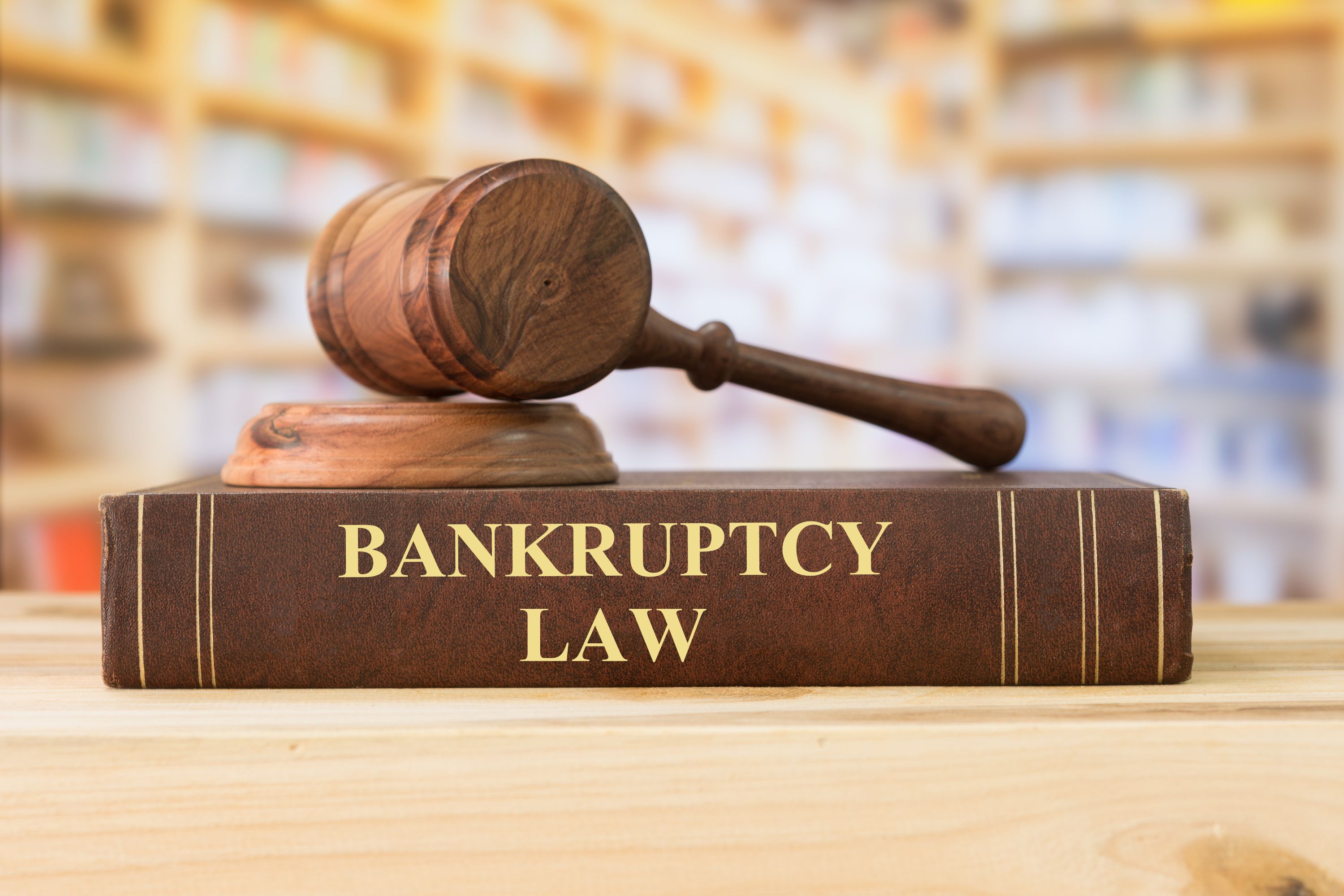Financial instability can be overwhelming, especially when it leads to the consideration of bankruptcy. While bankruptcy is designed to provide relief, navigating the complex legal terrain without expert assistance can be perilous. Hiring a bankruptcy lawyer is not just advisable; it is often essential to achieving a favorable outcome. A bankruptcy lawyer offers specialized knowledge, strategic guidance, and the expertise needed to steer through this challenging process.

Understanding the Complexity of Bankruptcy Law
Bankruptcy law is intricate, involving numerous legal provisions, procedural requirements, and deadlines. The various types of bankruptcy—Chapter 7, Chapter 13, and Chapter 11—each have specific eligibility criteria, rules, and consequences. A deep understanding of these laws is crucial to ensuring that the process unfolds smoothly and that the debtor’s rights are protected.
The Importance of Specialized Knowledge
A bankruptcy lawyer possesses the specialized knowledge required to interpret and apply bankruptcy laws effectively. This expertise is invaluable in determining the most appropriate type of bankruptcy for a given situation. For example, Chapter 7 might seem like a quick way to discharge debts, but it involves the liquidation of assets, which may not be ideal for everyone. On the other hand, Chapter 13 allows for the reorganization of debt but requires a consistent income and a feasible repayment plan. Understanding these nuances is critical, and a bankruptcy lawyer can provide the necessary insight.
Procedural Precision
The bankruptcy process involves a series of procedural steps that must be followed meticulously. From filing the initial petition to attending the creditors’ meeting, each stage has specific requirements. Missing a deadline or submitting incomplete or inaccurate information can have severe consequences, including the dismissal of the case. A bankruptcy lawyer ensures that all procedures are followed correctly, mitigating the risk of errors that could jeopardize the case.
Strategic Financial Guidance
Beyond the legal complexities, bankruptcy involves significant financial considerations. A bankruptcy lawyer does more than just handle the legal aspects; they provide strategic financial guidance that can have long-lasting implications for the debtor’s financial future.
Exploring Alternatives to Bankruptcy
While bankruptcy can provide relief, it is not always the best or only option. A bankruptcy lawyer can evaluate the debtor’s financial situation comprehensively and explore alternatives, such as debt consolidation, negotiation with creditors, or debt settlement. These alternatives might offer similar relief without the long-term consequences associated with bankruptcy, such as damage to credit scores or the loss of assets.
Developing a Long-Term Financial Strategy
For those who proceed with bankruptcy, a lawyer can help develop a long-term financial strategy that goes beyond the immediate discharge or reorganization of debt. This strategy might include budgeting advice, financial counseling, and steps to rebuild credit. By focusing on both short-term relief and long-term recovery, a bankruptcy lawyer helps clients emerge from bankruptcy with a clearer path to financial stability.
Protecting the Debtor’s Rights
Bankruptcy can be a stressful process, often involving interactions with creditors who are determined to recover as much money as possible. In this context, protecting the debtor’s rights becomes paramount. A bankruptcy lawyer acts as an advocate, ensuring that the debtor is treated fairly throughout the process.
Navigating Creditor Relations
Creditors are primarily concerned with recouping their losses, and they may employ aggressive tactics to achieve this goal. A bankruptcy lawyer understands these tactics and knows how to counteract them. Whether it involves negotiating with creditors or representing the debtor at the creditors’ meeting, a lawyer ensures that the debtor’s interests are safeguarded.
Ensuring Compliance with Legal Protections
Bankruptcy laws provide several protections to debtors, such as the automatic stay, which halts most collection activities once the bankruptcy petition is filed. However, not all creditors comply with these protections willingly. A bankruptcy lawyer ensures that creditors adhere to the law, taking legal action if necessary to enforce the debtor’s rights.
Maximizing the Benefits of Bankruptcy
Filing for bankruptcy is not just about discharging or reorganizing debt; it is about making the most of the legal protections and opportunities available. A bankruptcy lawyer is instrumental in maximizing these benefits, ensuring that the process leads to the best possible outcome.
Asset Protection and Exemptions
One of the critical aspects of bankruptcy is the protection of assets. Bankruptcy laws include exemptions that allow debtors to retain certain property, such as a primary residence, vehicle, or personal belongings. A bankruptcy lawyer can help identify and maximize these exemptions, ensuring that the debtor does not lose more assets than necessary.
Efficient Debt Discharge
The ultimate goal of bankruptcy is to achieve a discharge of debts, freeing the debtor from the obligation to repay certain types of debt. A bankruptcy lawyer works to ensure that as many debts as possible are included in the discharge. They also navigate the complexities of discharging different types of debt, such as student loans, taxes, or alimony, which have specific legal requirements.
Conclusion
Hiring a bankruptcy lawyer is an investment in a more secure financial future. The complexities of bankruptcy law, the strategic financial decisions required, and the need to protect the debtor’s rights make professional legal assistance indispensable. By guiding clients through the labyrinth of bankruptcy, a lawyer not only facilitates a smoother process but also helps lay the groundwork for a more stable financial life post-bankruptcy.